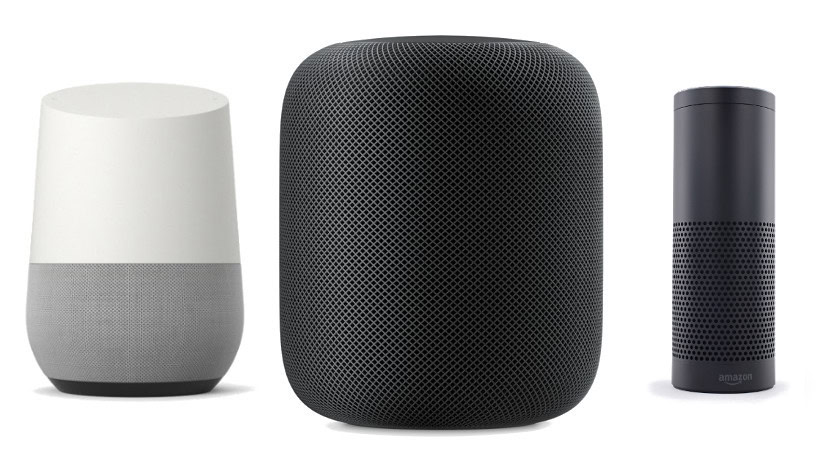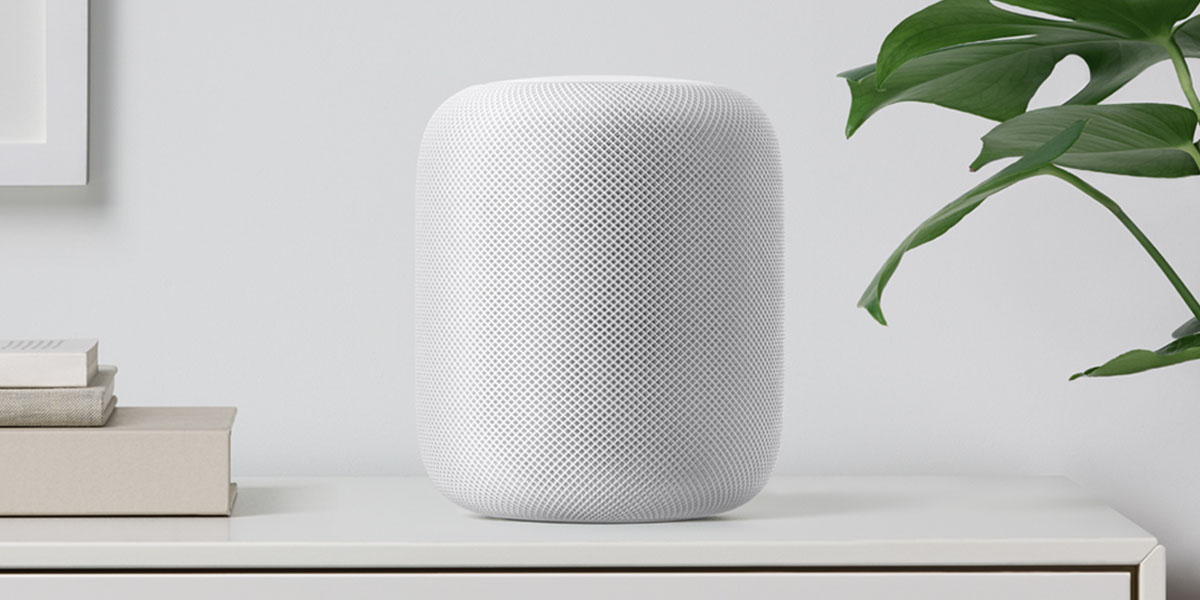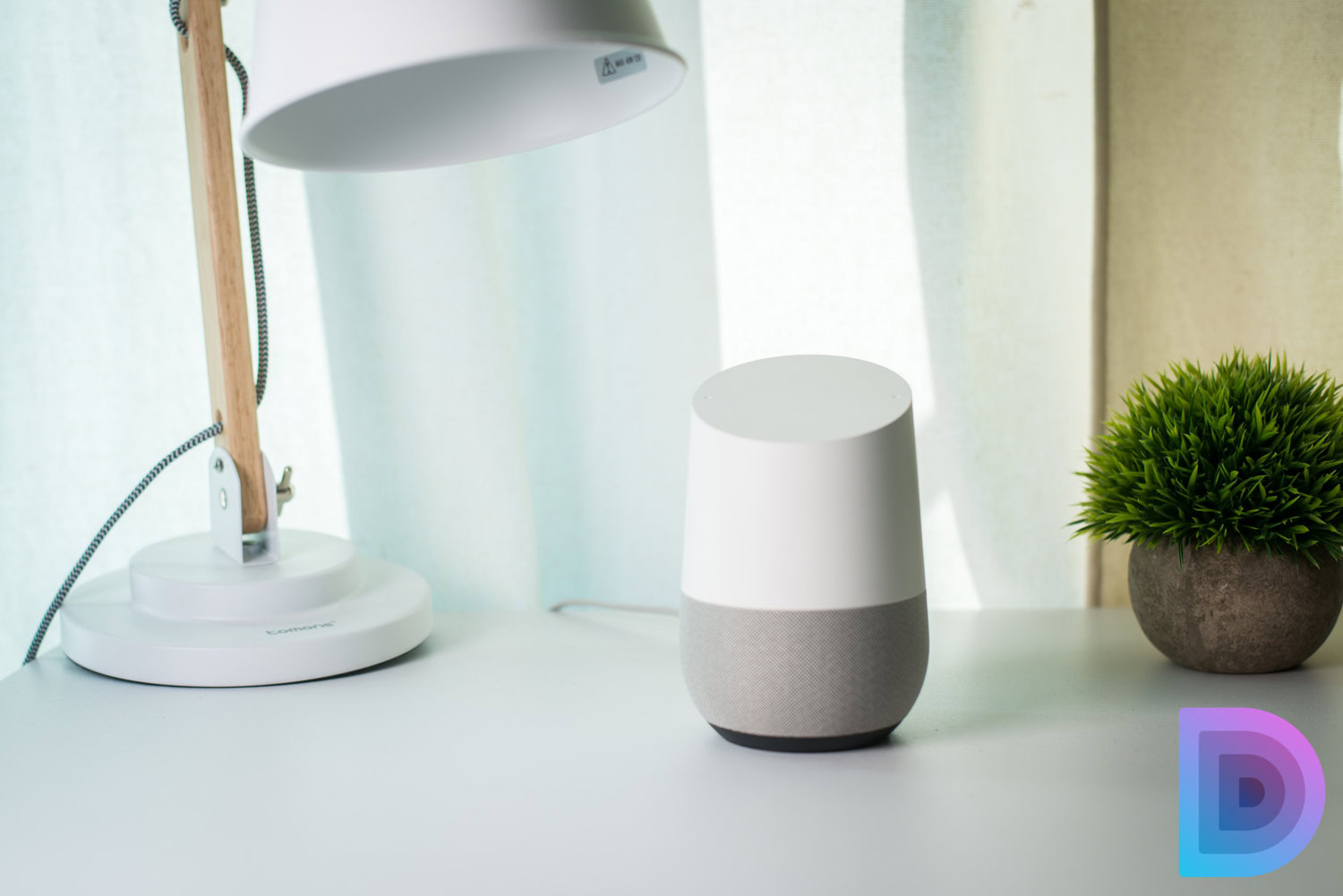Affiliate links on Android Authority may earn us a commission. Learn more.
Google Home vs Amazon Echo vs Apple HomePod: features comparison
Published onJune 1, 2019

The battle for the smart home has been warring on for some time. Now Google Home, Amazon Echo, and Apple HomePod are in a fierce battle for your money. In this post we aim to find out which of the three is most deserving of conquering your living room.
In this feature we will be comparing the standard versions of each smart speaker. This means reduced versions like the Amazon Echo Dot and improved units like the Google Home Max will not be considered. Those stand in a league of their own.
Price
For starters, there’s a big difference in the price between these three products. We’re all used to Apple charging a premium for its products, but at $299 the HomePod is much pricier than the competition. Amazon’s second generation Echo and the Google Home both currently go for $79.99. This means the Apple HomePod more than triples the price of its main competitors.
One of the key differentiators, from Apple’s perspective, is that the HomePod offers up a superior looking speaker setup to its competitors, while still aiming to offer many of the same smart features as its rivals.
| Amazon Echo | Apple HomePod | Google Home | |
|---|---|---|---|
Assistant | Amazon Echo Alexa | Apple HomePod Siri | Google Home Google Assistant |
Music support | Amazon Echo Amazon Music, Prime Music, Amazon Music Unlimited, Spotify Premium, Pandora, TuneIn, iHeartRadio, Audible | Apple HomePod Apple Music | Google Home Google Play Music, Spotify Premium, YouTube Music, Pandora, iHeartRadio, TuneIn |
Multi-room | Amazon Echo Yes, with multiple Echo speakers | Apple HomePod Yes with AirPlay 2 | Google Home Yes with Chromecast Audio |
Smart Home & third-party support | Amazon Echo Yes | Apple HomePod Yes, through HomeKit only | Google Home Yes |
Microphones | Amazon Echo 7 far-field | Apple HomePod 6 far-field + 1 low-frequency calibration microphone | Google Home 2 far-field |
Speakers | Amazon Echo 0.6-inch tweeter + 2.5-inch woofer | Apple HomePod 7x tweeter + woofer | Google Home 2-inch driver + 2x 2-inch passive radiators |
Connectivity | Amazon Echo Bluetooth & Wi-Fi | Apple HomePod Wi-Fi (Bluetooth currently unknown) | Google Home Bluetooth & Wi-Fi |
Dimensions and weight | Amazon Echo 148 x 88mm 1.81lbs | Apple HomePod 172 x 142mm 5.5lbs | Google Home 142.8 x 96.4mm 1.05lbs |
Price | Amazon Echo $79 | Apple HomePod $299 | Google Home $79 |
Sound quality
The HomePod comes with seven tweeter speakers and a dedicated woofer setup, each with a “custom amplifier” configuration. This is clearly a more substantial and expensive setup than the single tweeter and woofer combination offered by the Echo and the single speaker, dual passive radiator configuration touted by the Google Home. This makes the HomePod considerably bulkier than its competitors too.
Apple's HomePod is being marketed primarily as a high-end home speaker with extra smart assistant capabilities. This is much different compared to the angle taken by Amazon and Google.
Apple also made mention of transparent dynamic processing and audio beamforming capabilities to improve its audio input. The six far-field microphones and additional low-frequency microphone stack up nicely against the Echo’s seven far-field mic setup, while Google’s technology only required two far-field microphones. None of them should have any problems picking up commands, though.
Apple’s premium audio offering may be a tough sell in this market, which has proven itself to be quite price sensitive. There’s always the option to connect a $29.99 Amazon Echo Dot to a more premium Hi-Fi setup. Furthermore, we have seen partner speakers from more renowned audio brands support Alexa and Google Assistant. Such brands include Sonos, UE, Anker, Soundcore, JBL, Lenovo, Klipsch, Polk, Sony, Harmon, “Harman Kardon, and many others.

Features
On the software and features side, in true Apple form, the HomePod system and third-party support is completely locked down, therefore offering a lot less choice than the established models. This may well change with time, but the Amazon Echo and Google Home currently offer more choice for both music streaming services and compatible smart home products.
Despite the audio focus, the HomePod doesn't support any third party streaming services at the moment. You'll have to make do with Apple Music.
The HomePod only currently supports Apple Music, which will be a disappointment to fans of other popular services, such as Spotify or Pandora which are supported on Amazon and Google’s platforms. Thankfully, AirPlay support is there to save the day if you want to play any music from your smartphone.
It’s a similar situation if you’re looking to stream to using a multi-room setup. The HomePod supports the more limited new AirPlay 2 Wi-Fi standard, which again doesn’t support these third-party services, while Chromecast Audio does. However, Apple’s Craig Federighi has suggested that third-party apps may be supported by AirPlay 2 at some point.
This all ties into Apple’s proprietary play for the smart home market through its HomeKit product range. If you’re looking to integrate the HomePod with some other smart home products, then you’re limited to manufacturers that comply with Apple’s HomeKit standard. Amazon’s Echo range has taken a much more open approach here, opening up support for almost anything third party manufacturer through its Alexa Skills voice-driven platform.

Conclusion
Of course, then there are the capabilities of the smart assistants to consider. We won’t go too deep here, but Google’s Assistant has proven highly capable when it comes to understanding more complex requests, contextual awareness, and the ability to ask follow-up questions. Alexa is not as good, but it can handle a good conversation and supports a huge range of commands. Siri sits somewhere in between, not quite matching the intelligence of Google, nor Alexa’s huge third-party catalogue.

Echo and Home are clearly being publicized as connected smart speakers, with the assistants taking a key role when marketing the products. Apple is focusing more on the high-end home speaker angle, with Siri’s capabilities taking a little more of a backseat. It might be more fair to compare it with Google’s and Amazon’s more advanced speakers.
Furthermore, it looks like the HomePod is aimed more at those who are already sold on Apple’s ecosystem rather than those who use third-party services. This might not be a bad place to start in order to grab a share of the smart home market, but it might prevent the HomePod from being a breakthrough product.